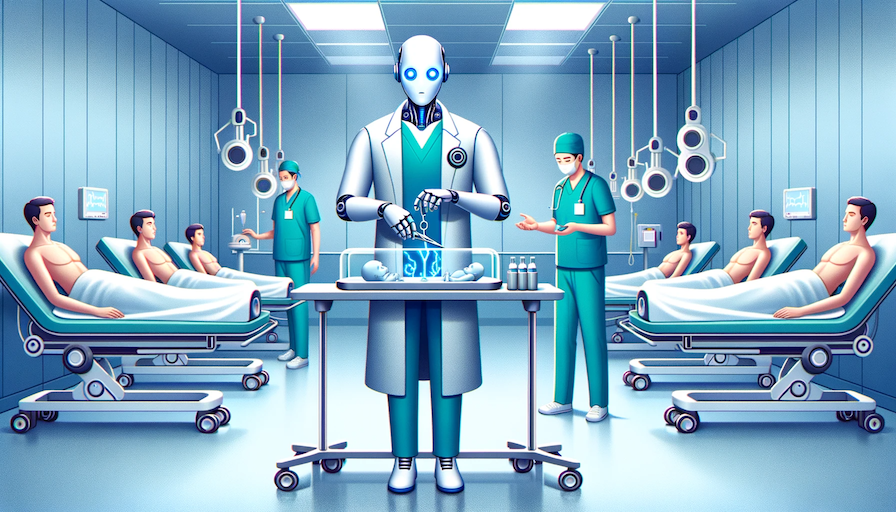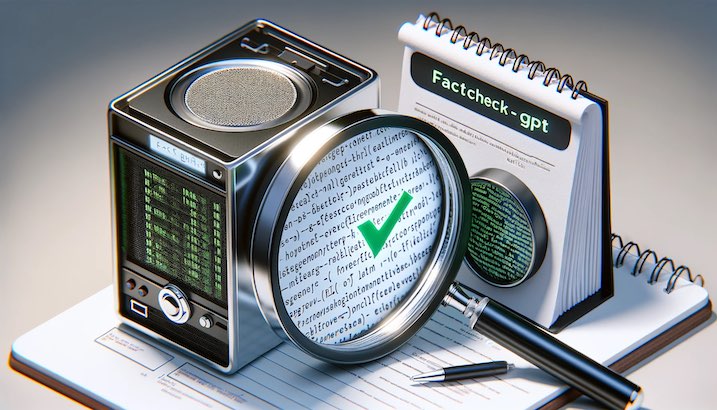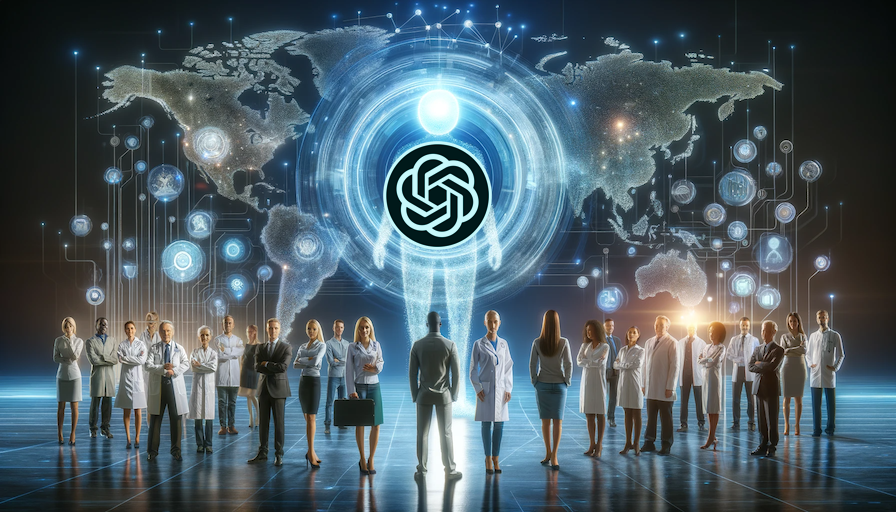
LLMs taking on medicare healthcare practices, from diagnosis to treatment
Chat GPT in Ophthalmology:
Various studies have explored Chat GPT's performance in ophthalmology exams. For instance, one study found that ChatGPT achieved accuracies of 55.8% and 42.7% in two simulated exams encompassing 260 questions each, with its performance varying across subspecialties. Another study aimed at evaluating the performance of ChatGPT-4 on the Ophthalmology Knowledge Assessment Program (OKAP) exam discovered that ChatGPT-4 significantly outperformed its predecessor, ChatGPT-3.5, on 180 practice questions covering various ophthalmology topics. ChatGPT was also evaluated for diagnosing neuro-ophthalmic diseases based on case reports, showcasing its potential to assist in this intricate field.
Brain-Computer Interface for Communication:
Researchers from UC San Francisco and UC Berkeley developed a brain-computer interface that empowered a paralyzed woman, suffering from a brainstem stroke, to communicate through a digital avatar. This remarkable advancement marked the first instance of synthesizing either speech or facial expressions from brain signals. The technology, led by UCSF neurosurgeon Edward Chang, is the inception of an AI-powered device that translates brain signals into modulated speech and facial expressions, allowing the woman to convey emotions through a talking digital avatar.
AI in Mental Health Diagnosis and Treatment:
Limbic, a British AI startup, has developed a clinical assessment chatbot used by over 33% of NHS Talking Therapies to improve access, release clinical time, and enhance recovery rates. The chatbot assists in self-referrals and drives service efficiencies around clinical assessment, supporting the full care pathway from treatment to recovery. Over 130,000 NHS patients have accessed psychological therapy using Limbic’s chatbot, making it a widely used solution within the NHS. This AI chatbot has showcased a remarkable 93% accuracy rate across eight common mental disorders, thus playing a pivotal role in modern mental healthcare. Furthermore, it's reported that the use of Limbic's AI mental health chatbot led to a 53% improvement in recovery rates and a 45% reduction in changes in treatment due to increased triage accuracy, as compared to standard referral methods.
These advancements underscore the transformative potential of AI in revolutionizing healthcare practices, from diagnosis to treatment, across a variety of medical fields.




